Latest Posts by drtanyasinghsworld - Page 5
Love her so fucking hard that the demons have no choice but to release her soul to you.
sam.i.am
“Family is not biology, it’s loyalty.”
— D
“I think that some people forget that friendships and relationships are not a service that someone provides, it’s a two way street where both give and get.”
— Ignoble Savage
“When someone truly cares about you, they make an effort not an excuse.”
— Unknown










How to Get Rid of Back Fat Fast








How to Get a Bigger Butt and Wider Hips Fast and Naturally
10 Dos and Don’ts of Sleeping
Hey, everyone!
I’ve heard that many of you have been asking about how to get a better, more restful night of sleep. Stress not! Here’s a list of tips that could help improve the quality of your sleep. Before I begin, I think it is important for me to provide a couple of disclaimers. First, I’m not a doctor. I’m just a college student who’s done some research and has experienced the occasional restless night. I strongly recommend setting up a consultation with a doctor if you have a severe case of insomnia or other mental illness that can affect getting a good night’s rest. Second, keep in mind that each person is different. Finding the best way to maintain goodsleep hygiene will probably require trying out several strategies before getting some satisfaction, so get creative and be patient!
Now, onto the list!
1. Do be consistent in your sleep schedule.
The amount of sleep needed in a night depends on the individual. Regardless, you need keep up with your schedule to ensure you get enough sleep. Make adjustments to your schedule as needed and …
CONTINUE READING HERE



Signs of an Emotionally Abusive Relationship
1. You walk on eggshells when you’re with your partner as they’re suspicious, explosive and react so easily.
2. Their feelings and opinions are the only things that matter. Your feelings and opinions are irrelevant to them.
3. They take everything very personally.
4. They’re not interested in affirming you.
5. Any praise or compliment comes with strings attached.
6. You have to be who they want and need you to be.
7. You feel they twist your words so you’re left feeling confused.
8. You can’t question their judgment or the things they say and do.
“Words have power. Use them wisely.”
— Unknown

Roasted Garlic Chicken with Asiago Gravy
Ingredients
1 tablespoon oil
4 (6 ounce) bone-in, skin on chicken thighs
salt and pepper to taste
1 onion, diced
20 cloves garlic, peeled
2 teaspoons fresh thyme, chopped (or 1 teaspoon dry thyme)
2 tablespoons flour
1 cups chicken broth
½ cup asiago cheese (or parmesan), grated
salt and pepper to taste
Directions
Heat the oil in a large sauce pan over medium-high heat, add the chicken (seasoned with salt and pepper) and brown, abut 3-5 minutes per side, before setting aside.
Add the onion and garlic and saute until the onions are tender and the everything is lightly browned, about 3-5 minutes.
Sprinkle in the thyme and flour and cook for a minute.
Add the broth and deglaze the pan by scraping the brown bits off of the bottom of the pan with a spoon while the broth is sizzling when added.
Mix the asiago into the sauce and season with salt and pepper to taste.
Add the chicken, cover (with a lid or foil) and roast in a preheated 400F/200C oven for 15 minutes OR turn the heat down to medium-low and simmer on the stove top for 15 minutes.
arts and humanities subjects as study aesthetics:
archeology: curiosity, study snacks, staying after class to ask questions, lots of coffee, studying to learn rather than for a grade.
architecture: sunlight filtering in through circular windows, bookshelves, large domed ceilings, the sound of pencils scratching on paper.
art: converses, paintbrushes tucked behind ears, laughing in class, studying with friends, doodles in the margins of textbooks, studying simply because you enjoy the subject.
dance: minimalist study spaces, exercising to improve cognitive function, healthy competition with peers, the feeling of joy when your hard work pays off.
history: late night studying, mindmaps, being friends with all of the teachers, the most gorgeous study space you’ll ever see, herbal tea, piles and piles of notes.
languages: learning by immersing yourself in your subject, pieces of paper flying everywhere, determination, muttering the thing you’re trying to memorise under your breath.
literature: libraries, elegant (although a little messy) cursive handwriting, stacks of books, studying in front of a fire, round glasses, scribbling notes faster than your hand can write.
music: creativity, studying at the strangest times, naps, smiling at people from across the classroom, random inspiration for projects, liking your subject because it makes you happy.
philosophy: studying in a cafe, preferring to learn concepts instead of memorising facts, warm jumpers, quiet but intelligent, loving your subject because it makes you think.
theatre studies: the most colourful notes you’ll ever see, getting friends to quiz you to help your memory, loud debates, disorganised but still doing really well in school, grinning when you get a good mark.
theology and religion: congratulating people when they do well on something they’ve worked hard for, calligraphy, bullet journaling, helping others with their work, lofi music, absent minded daydreams between classes.
How to Never Fall Behind in Classes
Alternatively titled: How to Use Your Planner or How Organization and Discipline Will Get You Better Grades
This is my full guide on how to use your planner effectively and make sure that you are never missing deadlines or falling behind in classwork and homework. This is definitely more about the university level and works best with a dated planner, rather than a bullet journal. Let’s get started!
Get all of your syllabi together and write down dates. Go through one class at a time and mark down all of your major tests and assignment due dates. I recommend putting these dates into the monthly and weekly views, and perhaps coming up with a symbol or other indicator that tells you they are of utmost importance.
Make a weekly schedule of when to complete readings and do a weekly review of notes. Instead of trying to randomly decide when to do these things, assign a date for each task for each class. If you have a tutorial on Tuesday, do the assigned readings for it every Wednesday. I recommend scheduling one to two weekly tasks per day, and to leave a few days open, whether it be weekends or days when you have a lot of classes.
Make a master list of assignments. I find that sometimes, even having due dates in the calendar view isn’t enough, and they can still sneak up on you. The master list will be a good place to double check if you have any deadlines approaching easily.
In the week or so before a due date, create a checklist of smaller tasks needed to complete the assignment. Set individual due dates for each smaller task by working backwards from the due date. Smaller tasks may include finding sources, making an outline, writing a rough draft, and editing and adding references to create a final copy. Write the smaller tasks into your daily to-do list.
You can also do this with studying for tests, but the checklist would look slightly different. You could either sort by study method (first do flashcards, then do essay outlines, etc.) or sort by the topics you need to study.
Stick to the schedule you have made. Obviously, if something comes up and you need to move your to-do list around, do so! But if you aren’t doing anything and you see readings on your list of daily tasks.. do them. Having the plan set out like this makes it easier for you to remain disciplined.
Why use this method?
By creating a schedule for repeated weekly tasks like completing readings, you make sure that you can’t repeatedly push off smaller tasks until you are weeks behind. I don’t think it is very reliable to just will yourself to do readings, or to keep up with them without tracking it.
By writing down all of your due dates, you will never be shocked to find out something is due the night before. You will know and you will be prepared.
By creating smaller checklists of tasks to complete before a major test or assignment, you will never find yourself in a situation where you have an essay due in a few days and haven’t even started. You will be following a timeline and making sure you don’t have to rush.
I know this system may seem rigorous, but planning is the only way you can keep on top of your workload in university! Falling behind is a lot harder if you are organized and disciplined, and being on top of your workload will help you a lot when it comes to exam times… no cramming and all-nighters if you have been consistent all semester!










Stop Animal Cruelty!
(via Instagram - Artist)
Part 2 ⬇️










Self-defense Skills For You
The professional Tai Chi Swords on: http://www.icnbuys.com/tai-chi-swords.
Top 34 Languages You can Learn in 2018

Afrikaans: https://www.afrikaanspod101.com/
Arabic: https://www.arabicpod101.com/
Bulgarian: https://www.bulgarianpod101.com/
Cantonese: https://www.cantoneseclass101.com/
Chinese: https://www.chineseclass101.com/
Czech: https://www.czechclass101.com/
Danish: https://www.danishclass101.com/
Dutch: https://www.dutchpod101.com/
English: https://www.englishclass101.com/
Filipino: https://www.filipinopod101.com/
Finnish: https://www.finnishpod101.com/
French: https://www.frenchpod101.com/
German: https://www.germanpod101.com/
Greek: https://www.greekpod101.com/
Hebrew: https://www.hebrewpod101.com/
Hindi: https://www.hindipod101.com/
Hungarian: https://www.hungarianpod101.com/
Indonesian: https://www.indonesianpod101.com/
Italian: https://www.italianpod101.com/
Japanese: https://www.japanesepod101.com/
Korean: https://www.koreanclass101.com/
Norwegian: https://www.norwegianclass101.com/
Persian: https://www.persianpod101.com/
Polish: https://www.polishpod101.com/
Portuguese: https://www.portuguesepod101.com/
Romanian: https://www.romanianpod101.com/
Russian: https://www.russianpod101.com/
Spanish: https://www.spanishpod101.com/
Swahili: https://www.swahilipod101.com/
Swedish: https://www.swedishpod101.com/
Thai: https://www.thaipod101.com/
Turkish: https://www.turkishclass101.com/
Urdu: https://www.urdupod101.com/
Vietnamese: https://www.vietnamesepod101.com/




All different kinds of Chinese Kung fu, are you interested? do you want to learn, just look at this pictures, and you can have a try !!!
link http://www.icnbuys.com/blog/chinese-kung-fu-2/
REBLOG AND I WILL FOLLOW !!!!





HELLO., GUYS, DO YOU KNOW CHINESE KUNG FU? IN CHINA, CHINESE PEOPLE HAVE TO TRAIN kUNG FU AT A VERY YOUNG AGE, THESE PICTURES ARE CUTE MONKS IN SHAO LIN TEMPLE.
LINK : http://www.icnbuys.com/blog/chinese-kung-fu-2/
Going vegan wouldn't affect the woods or water, if anything vegans consume more water. Js
This is actually really untrue!!!!! This topic isn’t even arguable. On a vegan diet i am saving around 1,100 gallons of water each day compared to the average meat eating diet!!!
You would think that vegans take up more money because the plants we eat need to be watered but in reality when someone is eating an animal the animal needs plants to eat and a cow can eat A LOT more than i can on a daily basis and also drink a lot more! So on a diet where someone is eating animals, water is being used to grow what the animals are eating and drinking, as well as all of the water used in the process of turning a living creature into a dead piece of meat for people to eat!
Each year the animal agriculture business uses 34-78 TRILLION gallons of water each year!!
56% of the water in the US is used just to grow the food for livestalk to eat (this doesn’t even include what is used in the factories)
20-33% of the worlds fresh water is used for animal agriculture
To make one pound of edible beef it takes 2,500 gallons of water
To make 1 pound of eggs it uses 477 gallons of water
To make 1 pound of cheese it takes 900 gallons of water
To make 1 gallon on milk it takes 1,000 gallons of water
And as for wood/forests/land use!!
Animal agriculture is the leading cause of deforestation
For each cow in the animal industry 2-5 acres of land are used- this land used to be a forest before it was clear cut
Source
If you still don’t believe me you should go on netflix and watch the documentary Cowspiracy!

The “Mental Illness Recovery Series” book has 100 inspirational stories that explores the exhausting, but noble journey of recovery.
📍🌍🌏🌎 Where to buy it 😊 = http://awakesociety.com/mental-illness-recovery-book/ 📍🌎🌏🌍
Mental disorders found in the book:
🔻Depressive disorders
🧠Anxiety disorders
🔺Bipolar & related disorders
🧠OCD & related disorders
🔻Eating disorders
🧠Schizophrenia spectrum & psychotic disorders
🔺Conduct disorders
🧠Dissociative disorders
🔻Neurodevelopmental disorders
🧠Personality disorders

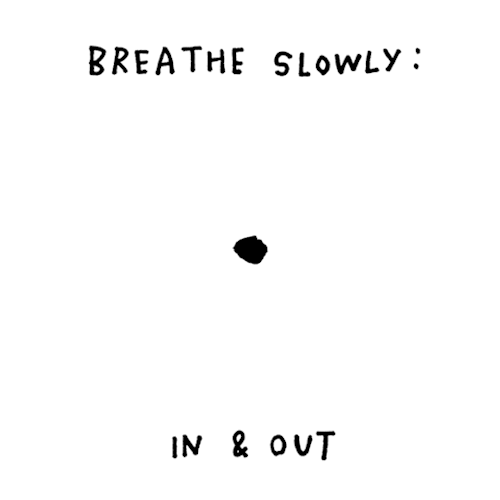










Spent your evening working on these amazing fitness cards!
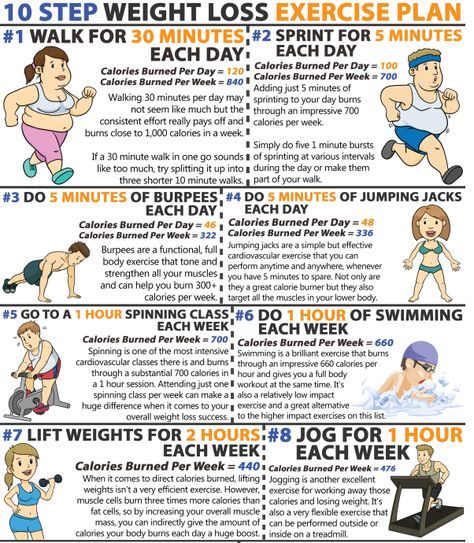
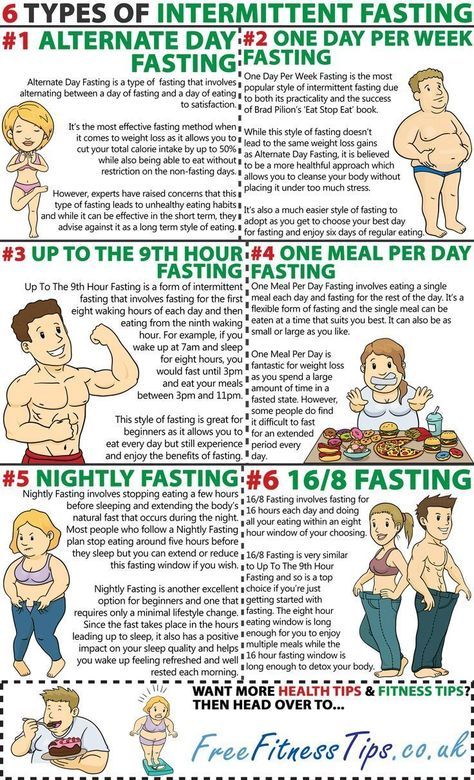
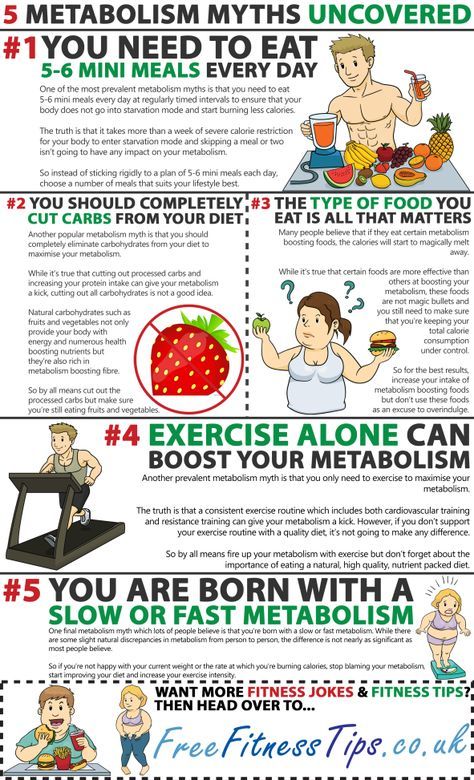
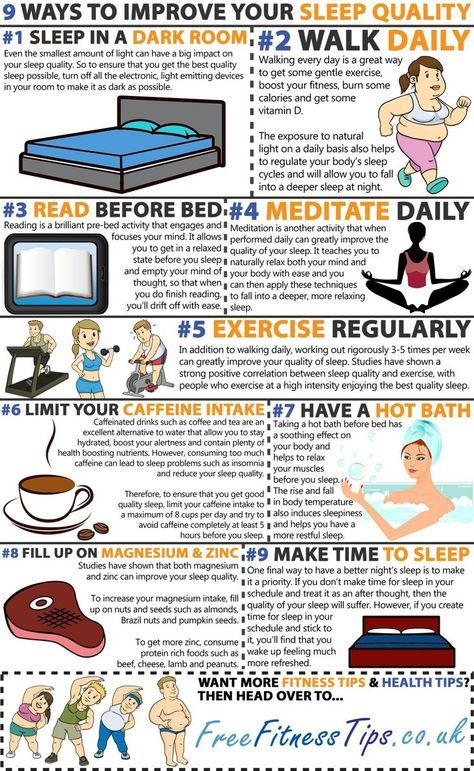
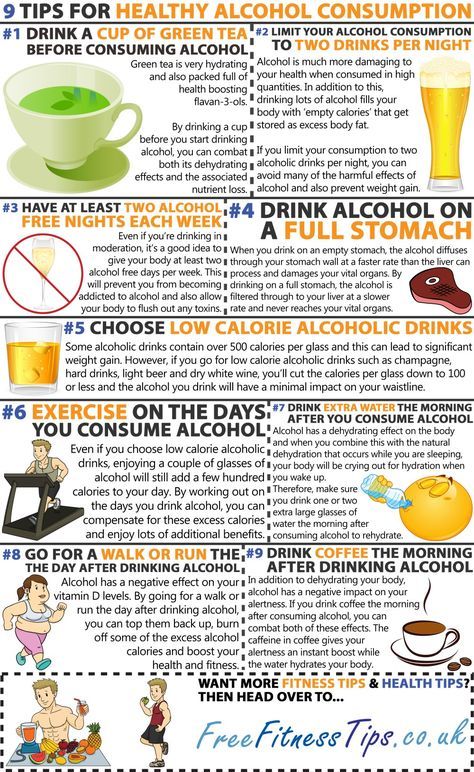
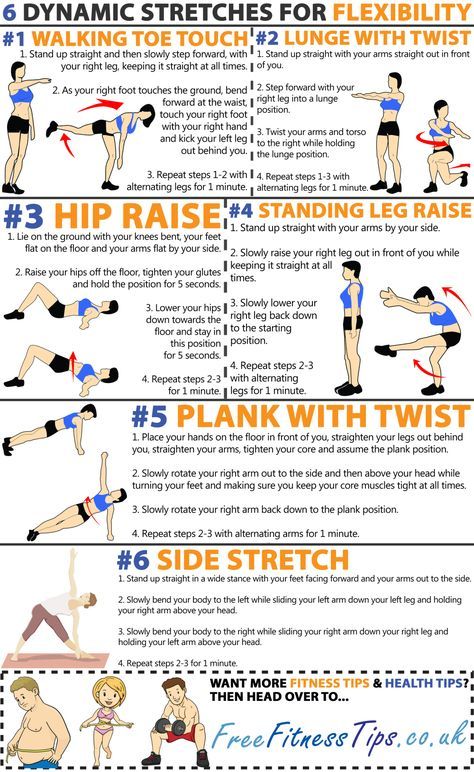
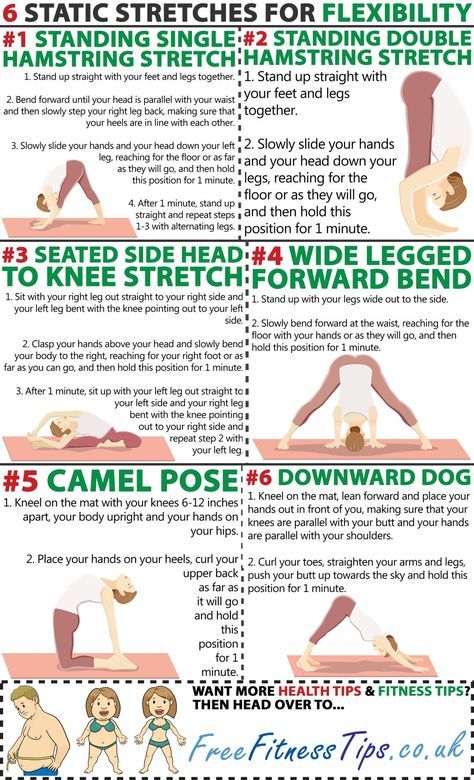

The one thing that separates a training programme from just an exercise programme. If you want to stay consistent with your workouts and get better results from your efforts, you need something to shoot for.
Professional Tai Chi Clothing on http://www.icnbuys.com/tai-chi-clothing-uniform


1. Over Training
It can be easy to just want to go day after day, working out for hours and squeezing it any workout you can whenever. Doing too much does not allow your body enough time to recover. When you push it too hard you tend to feel tired and your body craves lots of carbs and sugar because it needs the energy. Consider a two-day-on, one-day-off routine to allow for better recovery, and instead of boot camp with weight training and cardio all in a single day, try breaking them up and performing those routines on separate days.
2. Not Getting Enough Zzzzzzs
We are constantly moving during the day so night time when we sleep is the time our bodies have to repair itself from the muscles we’ve used and torn during workouts and daily activities. Also, sleep deprivation tends to suppress our natural growth hormone, making it harder to build lean muscle. Lack os sleep also makes us tired and thus nit having enough energy to workout.
3. Just Doing Cardio
It sure would be nice if we could simply hit the pavement day after day, log a few miles and end up with the perky derrière that we’ve always dreamed of. The sad truth is that without a combination of cardio and strength training, we will never win the war with gravity and manage to lift and tone everything. If you have been avoiding weights due to a fear of bulking up, you can rest easy knowing that it’s not that easy! A seriously muscled physique takes years of training and consuming loads of calories. Look at it this way, cardio burns the fat and strength training shapes/tone up the body. Do cardio and you will end up with saggy skin and we don’t want that now do we?
4. Overestimating the Caloric Burn
Many people rely on exercise equipment to determine the calories burned and those machines are often generalized and inaccurate. Your best bet is to keep a food journal and log every morsel that passes your lips. Without getting your nutrition in check, you could exercise until you are blue (or in this case, red) in the face and the only result would be frustration.
5. A Stale Workout Routine
A routine is comforting but when it comes to a workout, if you have been doing the same routine month after month, your body has likely adapted to the stimulus and is simply going through the motions. You need to shake things up and introduce new stimuli in order to keep making progress. Our bodies only change when they are forced to adapt. Consider trying a new workout at least every 3 to 4 weeks.
6.Going Too Easy
So don’t make the mistake of going too easy in the gym, ladies! Muscles only grow when they are forced to do work. Never sacrifice form to lift heavier weight but don’t let heavier weight intimidate you. Try lifting a slightly heavier weight for a repetition or two and then drop down in weight to finish the set. Then each time try a little bit more. When doing cardio, instead of long sessions of steady-state cardio, try incorporating active rests between sets or high intensity sessions like 30 second sprints (30 seconds of hard work and 30 seconds rest) to really kick up the intensity. Push but don’t push too hard.
7. Not Enough Calories
Food is fuel, not the enemy. So many people make the mistake of cutting calories too low when trying to get in shape. Without adequate fuel you’ll be hard-pressed to build muscle, and it’s the muscle that raises your metabolism. Constantly under-eating creates a vicious cycle as the metabolism slows down to preserve the energy it’s not getting from food. This then stalls weight loss (or creates weight gain) which causes many people to increase cardio and cut even more calories. Determine the calories you need, taking into consideration your activity level (including exercise) and keep a food log to stay on track.
8. Too Many Cheat Meals
A dangling carrot can certainly be great motivation for your workouts but when that “carrot” becomes the occasional cinnamon roll, alcoholic beverage or seven layer chocolate cake, it’s a potential slippery slope. An indulgence for a special occasion is certainly OK and even encouraged to maintain sanity. Also, having a bite of something sinful every now and then won’t reverse all of the good you’ve done, but be cautious of a weekly cheat meal. The cleaner the fuel (food) in your body, the leaner you’ll be.
9. Stress and Hormones
At times of stress it’s not uncommon for people to turn to food whether it’s eating to fill an emotional need, or eating on the run because there never seems to be enough time in the day. But a stressed-out lifestyle can lead to weight gain and hinder your workouts. If your workouts seem less productive and you often combat cravings, consider finding methods to reduce stress in your life.
10. Lack of Consistency
All too often people start an exercise program with the best of intentions, scheduling themselves for 5 days a week. Don’t set yourself up for failure right out of the gate. Before engaging in a regular workout routine, determine a realistic number of days that you will be able to commit to without fail. Consistency is paramount to your fitness success. Catching a workout now and then is good for your overall health but for those looking to make noticeable change, it’s going to take a regular routine and solid commitment. If you can only go 3 days a week, be sure to hit every muscle group within those 3 days with enough intensity and stay active the other days. Any amount of exercise is always encouraged, but it’s those who consider it training and not just a workout who typically achieve greater success.
(Source)

Psychology Daily - Quotes

After Kirkwall aims to show what happened to our ragtag crew after the events of DA2. Applications for writers and artists are open until March 8th.
Please be sure to read through the requirements listed for each contributor type within the application. Can’t wait to see what you all bring to the table!
Applicants will be notified of status after applications close, between March 8-10th.
.
APPLY HERE FOR THE DA2 ZINE
.
@zine-scene @zineapps @zinefeed @zinewatch @fandomzines
Psychology Book Recommendations
Foundational Authors & Works
Carl Rogers, On Becoming a Person
B. F. Skinner, Beyond Freedom and Dignity and About Behaviorism and Walden Two
Viktor Frankl, Man’s Search for Meaning
Sigmund Freud, Civilization and its Discontents
John Norcross (editor), Evidence-Based Practices in Mental Health
Psychopathology & Diagnosis
David Barlow (editor), Clinical Handbook of Psychological Disorders
Oliver Saks, Hallucinations
Kelly Lambert, Clinical Neuroscience
Criticisms & Controversial Topics
Stephen Hinshaw, The ADHD Explosion
Robert Whitaker, Mad in America and Anatomy of an Epidemic
Ronald Miller, Not So Abnormal Psychology
Allen Frances, Saving Normal
Bruce Wampold, The Great Psychotherapy Debate
Therapy Theories
Carl Rogers, Client-Centered Therapy
Irvin Yalom, The Theory and Practice of Group Psychotherapy
Aaron Beck, Cognitive Therapy of Depression
Steven Hayes, Acceptance and Commitment Therapy
Judith Beck, Cognitive Behavioral Therapy
Danny Wedding, Current Psychotherapies
William Miller, Motivational Interviewing
Jacqueline Person, Cognitive Therapy in Practice
Evidence-Based Therapy Manuals
Marsha Linehan, DBT Skills Training Manual and Cognitive Behavioral Treatment of Borderline Personality Disorder
Michelle Craske, Mastery of Your Anxiety and Panic
David Burns, Feeling Good
Richard Zinbarg, Mastery of Your Anxiety and Worry
Martha Davis, The Relaxation and Stress Reduction Workbook
Lisa Najavitis, Seeking Safety
Expert Therapist Perspectives
Irvin Yalom, The Gift of Therapy and Love’s Executioner
First Person Perspectives
Kay Jamison, An Unquiet Mind
Elyn Saks, The Center Cannot Hold
William Styron, Darkness Visible
Carolyn Spiro and Pamela Spiro Wagner, Divided Minds
Research Design & Analysis
Alan Kazdin, Research Design in Clinical Psychology and Single-Case Research Designs
John Creswell, Qualitative Inquiry and Research Design
Culture & Diversity
Derald Wing Sue, Counseling the Culturally Diverse and Case Studies in Multicultural Counseling and Therapy
Stigma
Stephen Hinshaw, Breaking the Silence and The Mark of Shame
Grad School and Careers in Psychology
Peggy Hawley, Being Bright is Not Enough
Adam Ruben, Surviving Your Stupid, Stupid Decision to Go to Grad School
Peter Feibelman, A PhD is Not Enough
Paul Silva, How to Write A Lot
Karen Kelsky, The Professor Is In

#WhatCanUDoDoWhatUCan

